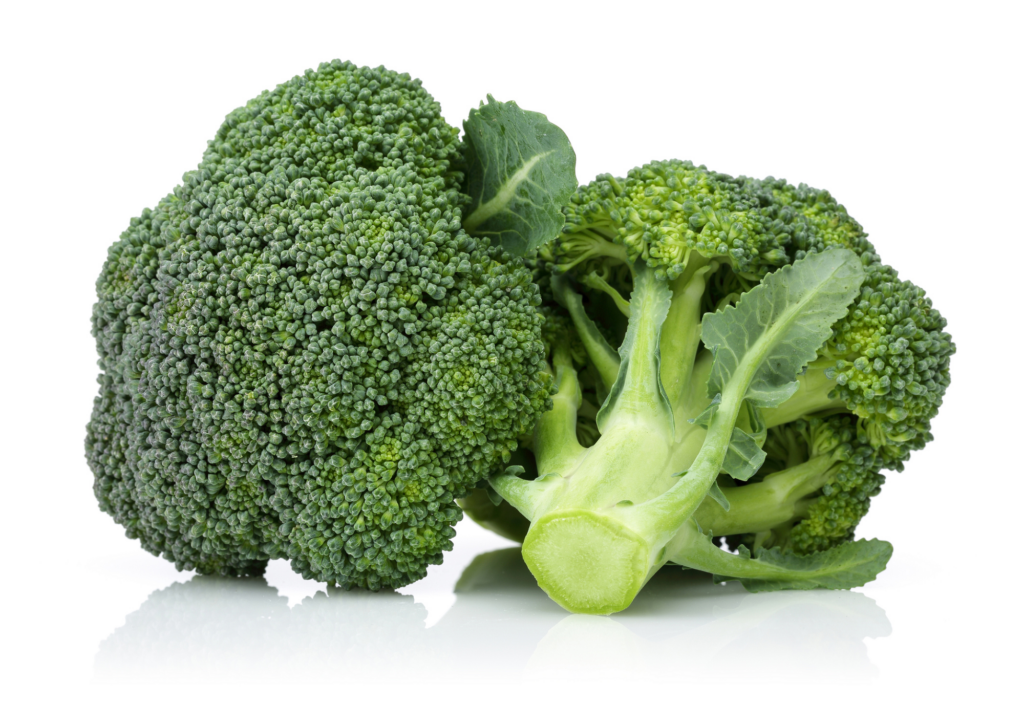Protein is an essential macronutrient that plays a critical role in building and repairing tissues, producing enzymes and hormones, and supporting overall health. While many people associate protein with animal products like meat, eggs, and dairy, there are plenty of plant-based sources of protein that can help you meet your daily needs. Vegetables, in particular, offer a nutrient-dense way to boost your protein intake while also providing vitamins, minerals, and fiber.
Why You Need Protein
Protein is often referred to as the building block of life, and for good reason. Here’s why getting enough protein is crucial for your health:
Muscle Growth and Repair: Protein provides the amino acids your body needs to build and repair muscle tissue, making it essential for athletes, fitness enthusiasts, and anyone recovering from injury.
Supports Immune Function: Antibodies, which help fight off infections, are made of protein. A diet rich in protein ensures your immune system functions optimally.
Promotes Satiety: Protein is more filling than carbohydrates or fats, helping you feel full longer and reducing the likelihood of overeating.
Maintains Healthy Skin, Hair, and Nails: Proteins like collagen and keratin are essential for maintaining the strength and elasticity of your skin, hair, and nails.
Balances Hormones and Enzymes: Many hormones and enzymes are protein-based, playing a role in digestion, metabolism, and other bodily functions.
Get the Most Protein With These Vegetables
- Edamame (Soybeans) 18.5 grams per cup (cooked)
- Edamame, or immature soybeans, is one of the most protein-rich plant foods available. It’s also a complete protein, meaning it contains all nine essential amino acids that your body cannot produce on its own. Edamame is versatile and can be enjoyed as a snack, added to salads, or blended into dips.
- Lentils 18 grams per cup (cooked)
- While technically a legume, lentils are often used as a vegetable in dishes like soups, stews, and salads. They’re packed with protein, fiber, and iron, making them a staple in vegetarian and vegan diets.
- Green Peas 8 grams per cup (cooked)
- Green peas are a surprising source of protein and are rich in vitamins A, C, and K. They’re easy to incorporate into meals, whether as a side dish, blended into soups, or mixed into pasta.
- Spinach 5 grams per cup (cooked)
- Spinach is not only a great source of protein but also provides iron, calcium, and antioxidants. Cooking spinach increases its protein content per cup, making it a nutritious addition to omelets, smoothies, or sautés.
- Broccoli 4 grams per cup (cooked)
- Broccoli is a cruciferous vegetable that’s high in protein, fiber, and vitamin C. It’s also known for its cancer-fighting properties and can be enjoyed steamed, roasted, or raw.
- Brussels Sprouts 4 grams per cup (cooked)
- These mini cabbages are not only rich in protein but also contain fiber, vitamin K, and antioxidants. Roasting Brussels sprouts brings out their natural sweetness and makes them a delicious side dish.
- Asparagus 4 grams per cup (cooked)
- Asparagus is a nutrient-dense vegetable that provides protein, folate, and vitamins A and C. It’s a versatile veggie that can be grilled, steamed, or added to stir-fries.
- Kale 3 grams per cup (cooked)
- Kale is a leafy green powerhouse that’s high in protein, iron, and calcium. It’s perfect for salads, smoothies, or baked into crispy chips.
Ways to Incorporate Protein-Packed Veggies into Your Diet
- Blend: Add spinach, kale, or broccoli to smoothies for a protein and nutrient boost.
- Roast: Roasting veggies like Brussels sprouts, asparagus, and broccoli enhances their flavor and makes them a delicious side dish.
- Mix: Stir lentils, edamame, or peas into soups, stews, or grain bowls.
- Snack: Enjoy edamame or roasted chickpeas as a high-protein snack.
